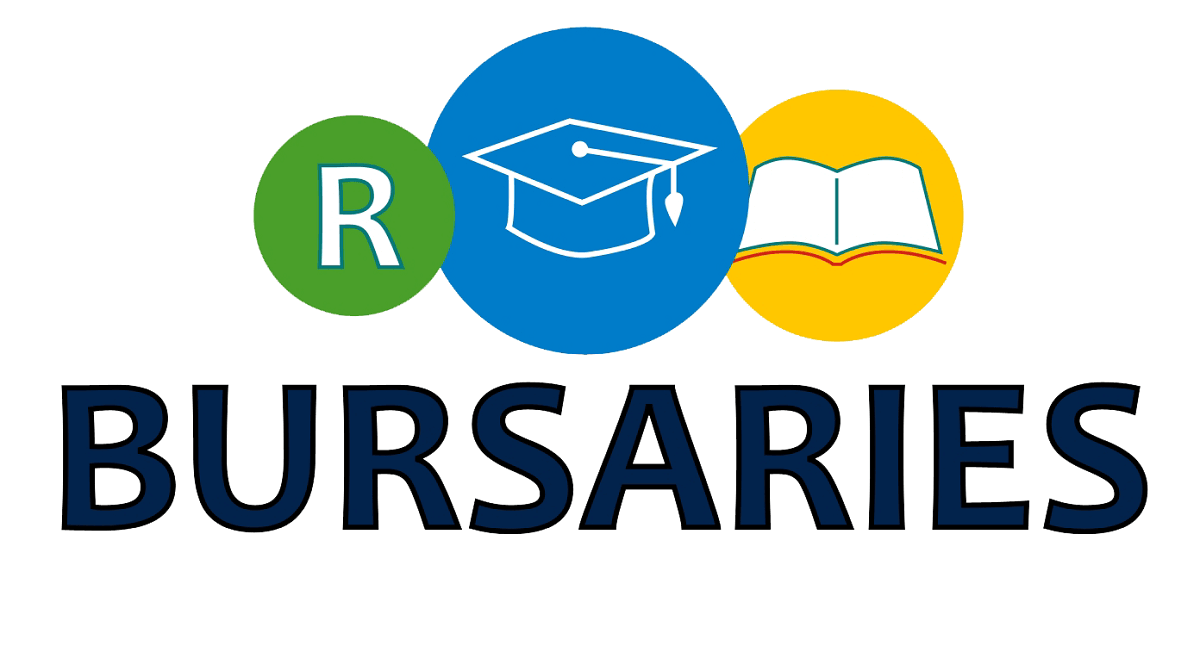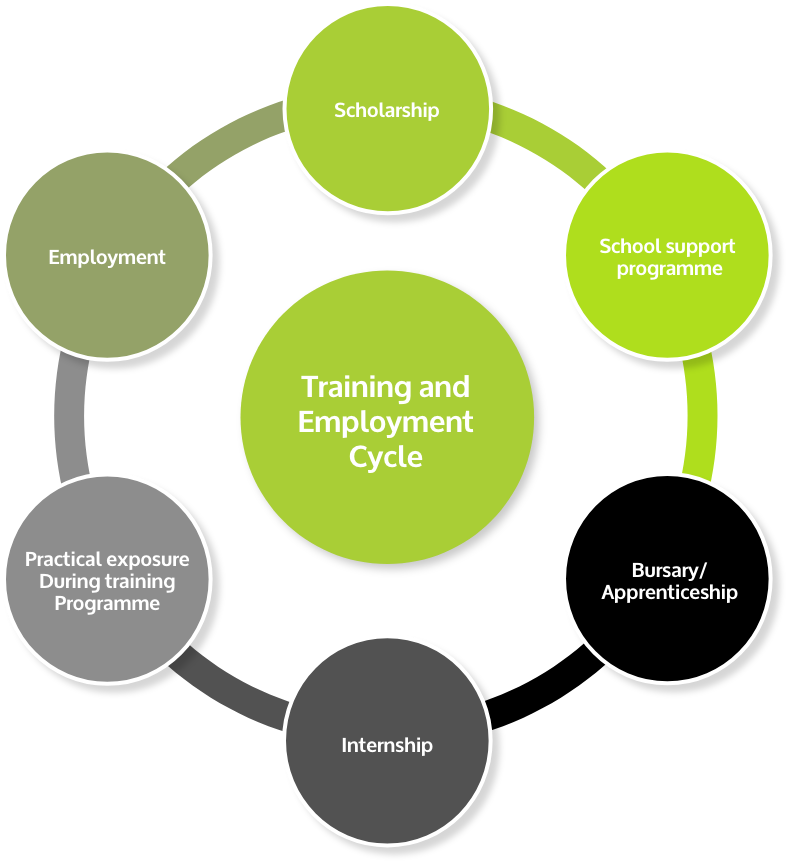Studying abroad is exciting. You’re not just gaining a top-notch education—you’re also exploring a new culture, building your future, and meeting people from around the world. But let’s be honest. Studying overseas can be expensive. Between tuition fees, rent, food, and daily expenses, it adds up quickly. This is where part-time work comes in.
So the big question is: Can international students work part-time while studying abroad?
The short answer is yes—in many countries, you can. But the rules vary. Some countries allow more hours than others. Some require special permits. In this post, we’ll walk you through everything you need to know about part-time work for international students.
Why Work Part-Time as an International Student?
Let’s start with the “why.” There are plenty of reasons students choose to work part-time:
- Earn extra money: Living abroad is costly. A part-time job can help cover food, rent, or travel.
- Gain work experience: Employers love seeing that you’ve worked in a foreign country. It shows initiative and adaptability.
- Improve language skills: Working with locals can help boost your English or the local language.
- Build your network: Jobs can introduce you to people who might help your career later on.
General Rules for International Students Working Abroad
Before applying for jobs, you need to understand the work rules of your host country. In most places, student visas come with conditions. Let’s break it down by popular study destinations.
Canada: Work While Studying
Canada is one of the most flexible countries when it comes to work rules for international students.
- How many hours can you work?
Up to 20 hours per week during academic sessions and full-time during scheduled breaks like summer or winter holidays. - Do you need a separate work permit?
No. If you’re studying full-time at a Designated Learning Institution (DLI), your study permit automatically allows you to work off-campus. - Types of jobs:
Retail, hospitality, campus jobs, and internships related to your program.
📌 Learn more about Canada’s policies here: Canada.ca: Work off campus
📰 Also check out our guide: Why Study in Canada? Benefits for International Students
United States: Work with Restrictions
In the U.S., the rules are a bit tighter.
- Can you work part-time?
Yes, but only on-campus during your first year. After that, you can explore off-campus options under specific programs like CPT or OPT. - Maximum hours?
Up to 20 hours per week during school terms and full-time during breaks. - Permit required?
Yes, especially for off-campus jobs. You must apply through USCIS and get approval.
📌 For official guidance, visit: USCIS International Student Work Guidelines
📖 Compare your options: Study in Canada vs USA vs UK
United Kingdom: A Balanced Approach
The UK welcomes international students but with clear limits.
- Work limit:
Up to 20 hours per week during term and full-time during holidays. - Job types:
Hospitality, student union roles, and internships. - Visa conditions:
You must be on a Tier 4 (General) student visa and enrolled in a full-time course.
📌 Learn more here: UK Government: Student Visa Work Rules
🗺 Planning to study in the UK? Read: Top Countries for International Students in 2025
Australia: Work and Learn
Australia is another great place for international students to work part-time.
- Work limit:
As of recent updates, international students can work up to 48 hours every two weeks during term and unlimited hours during breaks. - Do you need a permit?
No extra permit is needed if you hold a valid student visa. - Common jobs:
Cafes, supermarkets, retail stores, call centers.
📌 Stay up to date via: Australian Government: Student Visa Work Limits
Germany: Rules for Non-EU Students
Germany is affordable and often tuition-free, but students still take up jobs to support themselves.
- Allowed hours:
Up to 120 full days or 240 half days per year. - Need permission?
Sometimes. If you want to work more, you must get approval from the local employment agency and immigration office.
📌 Check this out: German Academic Exchange Service – DAAD
Popular Part-Time Jobs for International Students
You don’t need to land a corporate job. Many students take simple roles that fit into their schedules. Common jobs include:
- Barista or waiter
- Cashier or retail assistant
- Tutor (especially for English or STEM subjects)
- Campus ambassador
- Library assistant
- Intern (paid or unpaid)
- Freelancer (if allowed under visa rules)
How to Find Part-Time Jobs
Here are some ways you can start your job hunt:
- Campus job boards: Universities often have listings.
- Job search websites: Indeed, Glassdoor, and local platforms.
- Networking: Ask classmates or professors.
- Walk-in applications: Many local cafes or shops accept walk-ins.
Some universities even have career support services to guide international students.
Balancing Work and Studies
It’s tempting to work as many hours as possible. But remember, you’re a student first. Working too much can affect your grades and overall well-being.
Here are tips to maintain balance:
- Stick to legal working hours
- Choose flexible jobs that work around your class schedule
- Set aside time for rest and assignments
- Talk to your academic advisor if you feel overwhelmed
🧠 Bonus read: How to Survive as an International Student
What Happens If You Break the Rules?
Violating your visa conditions—like working extra hours or taking illegal jobs—can lead to serious consequences. You might:
- Lose your visa
- Be banned from re-entry
- Face legal penalties
Always stay updated on current immigration policies. Rules can change from year to year.
Final Thoughts
So, can international students work part-time? Absolutely. But it depends on where you study and what type of visa you hold. Whether you’re in Canada, the UK, the U.S., or Australia, you’ll likely be able to work within set limits.
Part-time work can ease financial pressure, grow your skills, and help you settle into your new environment. Just make sure you follow the rules and balance your work with your studies.
If you’re still deciding where to study, we’ve got tons of helpful guides on EagleEye24 to help you compare destinations and opportunities.
📌 Start with:
👉 Best Countries for International Students in 2025
👉 Why Study Abroad? Key Benefits Explained
Got more questions? Drop them in the comments or check our other resources for international students


























































